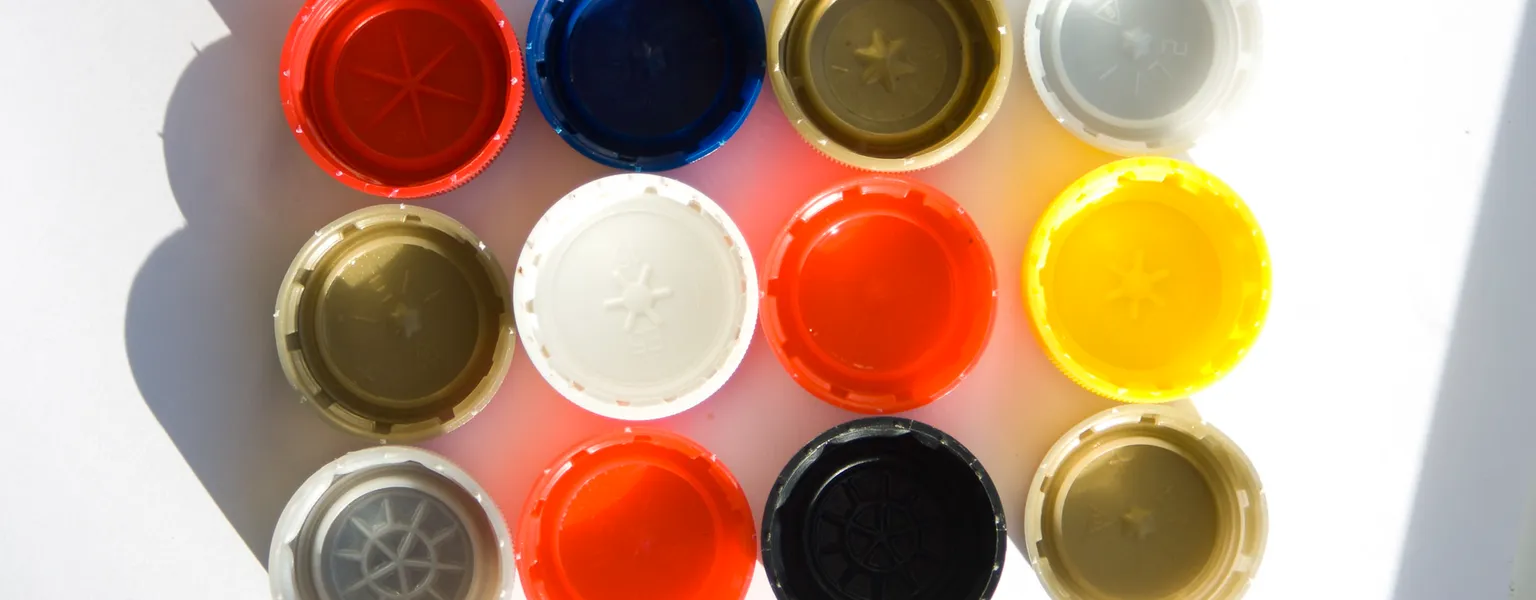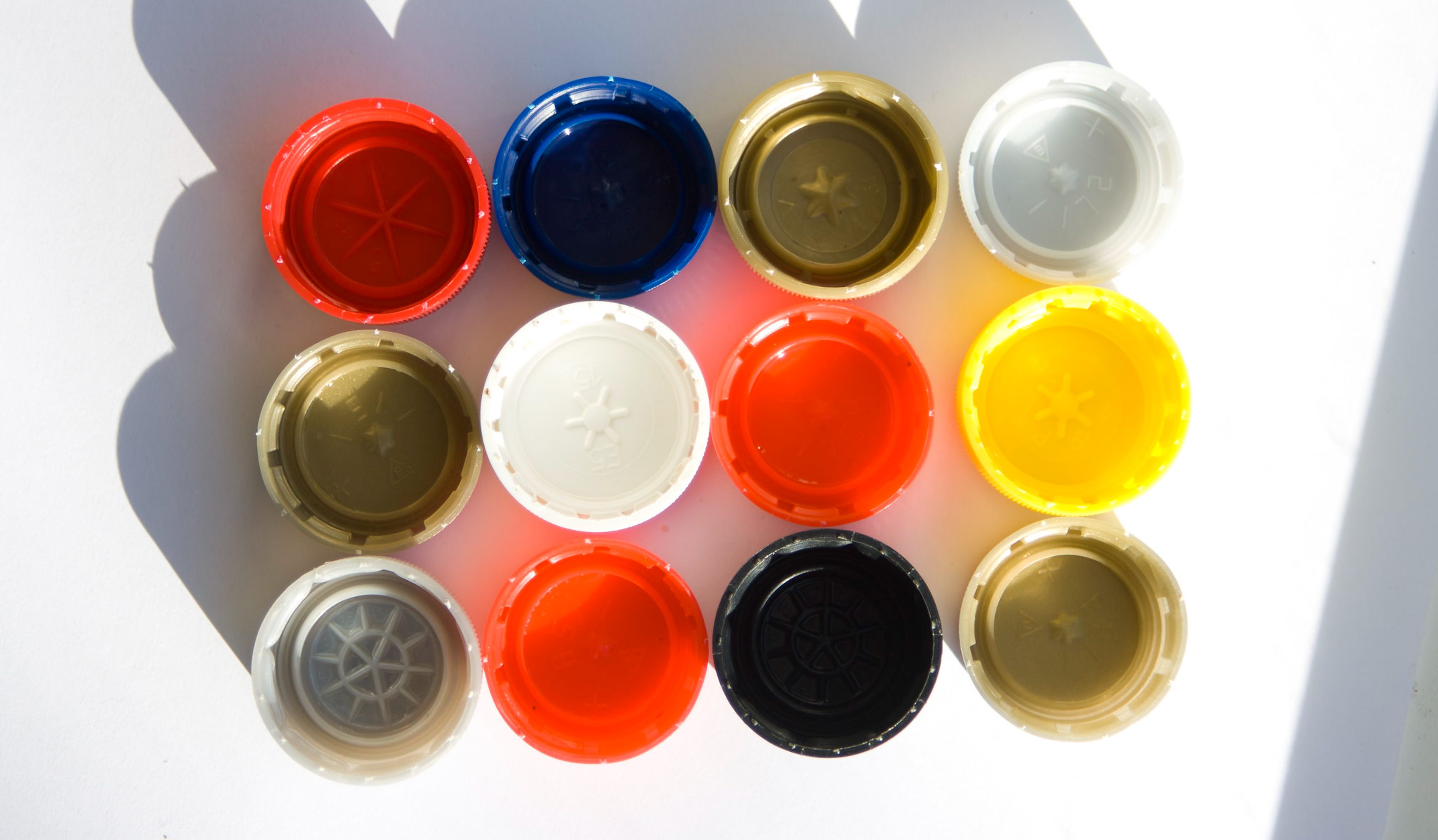New study links colourful plastics to increased microplastic formation

Sustainability
A recent study led by the University of Leicester has uncovered a concerning trend: plastics with vibrant colours like red, blue, and green degrade more rapidly, forming microplastics at an accelerated rate compared to their plainer counterparts.
Published in the journal Environmental Pollution, this groundbreaking research sheds light on how the colourant used in plastic formulation influences its degradation process, potentially leading to the quicker release of harmful microplastics into the environment.
Using a combination of field studies, researchers from the University of Leicester, UK, and the University of Cape Town in South Africa, conducted experiments to assess the degradation rates of plastics with different colourants.
One study involved exposing bottle lids of various colours to outdoor elements for three years, while the other examined coloured plastic items collected from a remote beach in South Africa. Samples were meticulously analysed, considering factors like chemical degradation and structural integrity.
Results revealed that black, white, and silver plastics remained largely unaffected, while blue, green, and red samples became significantly brittle and fragmented over time. Interestingly, older plastic samples found in South Africa were predominantly plain colours, indicating the protective properties of black, white, and silver against damaging ultraviolet (UV) radiation.

Dr. Sarah Key, the lead researcher, emphasised the importance of this study's findings, particularly in material design considerations. The research suggests that manufacturers should prioritise the colour selection of short-lived plastics to mitigate the environmental impact of microplastic pollution.
Microplastics, with their distinct properties from bulk materials, pose significant environmental concerns due to their potential to release toxic additives and chemicals into ecosystems. Their presence in the food chain and water supplies raises further concerns about human exposure and environmental contamination.
Dr Key said: It’s amazing that samples left to weather on a rooftop in Leicester in the UK and those collected on a windswept beach at the southern tip of the African continent show similar results.
What the experiments showed is that even in a relatively cool and cloudy environment for only three years, huge differences can be seen in the formation of microplastics. Colourful plastics, such as red and green, degrade and form microplastics pretty quickly. When you look at more plain colours, such as black and white, they’re actually quite stable and remain intact.
Next time you clean up some plastic litter, take note of the colour and think about how soon it would have otherwise broken down. Whatever the colour, always check the packaging for details of how to recycle plastic packaging.
Funded by CENTA (Central England NERC Training Alliance), Dr. Key's study underscores the need for greater awareness and action in addressing the complex challenges posed by microplastic pollution.
Related News
-
Sustainability
UK urged to join EU in banning single-use sauce sachets
-
Sustainability
Study challenges 'biodegradable' bioplastic claims
-
Sustainability
Tesco introduces clear caps for recyclable milk bottles
-
Sustainability
UK deposit return scheme for drinks containers deferred until 2027
-
Sustainability
Breaking it down: Study reveals success of compostable packaging




